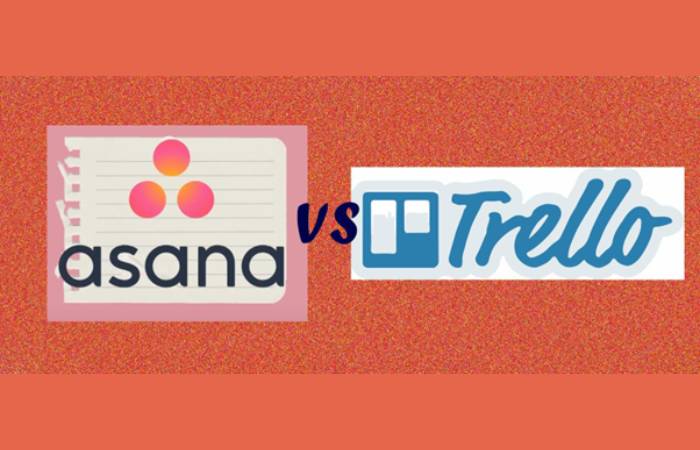Under stats, companies worldwide waste up to 12% of their funds because of inefficient project management (or PM). Experts explain this trend because only about 25% of companies around the world apply specific PM software. On the other hand, nearly 77% of high-productive teams use such apps.
Among the most popular project management applications, specialists note Asana and Trillo. These apps are quite easy to use as well as excel in the availability of helpful options. But which of the specified applications is better to choose? To assist business owners in selecting the right software, experts created the Trello vs Asana comparison below. Moreover, specialists advise migrating to any of these apps only by applying trustworthy platforms (e.g., project-management.relokia.com).
Table of Contents
Asana and Trello Purposes

The described applications have completely different interfaces. Asana proposes ordered project lists for common usage. The app allows managers and employees to create partitions for each assignment. And the partitions may be divided into a few different subtasks. Such features make Asana a suitable tool for middle businesses along with large enterprises.
On the other hand, Trello is de facto a kind of kanban board. This software offers its users the visual task management method. Thus, team members can write assignments on labels and tack the stickers to a virtual board here. So, Trello is better for freelancers as well as small businesses. However, this application may also be applied by middle and large companies that focus on a linear assignment flow (such as media enterprises).
Primary Trello and Asana Features

These apps have entirely diverse function menus. Asana suggests loads of helpful options within the free tariff plan. And Trello offers few functions. But users may install add-ons to broaden their possibilities list. However, both applications propose virtually unbounded cloud storage.
Key Trello and Asana Possibilities
Both applications have mobile versions. However, specialists consider Asana’s variation for smartphones and tablets handier. Among the other features of the specified apps, experts note:
- Client support. Trello stands out for fast responses to customer requests. Moreover, this software offers its clients detailed tutorials as well as pop-up windows with exhaustive advice. Asana can’t boast of the same.
- Automation functions. Here, Asana proposes more options. That’s because this application generally has more in-built tools.
- Secureness. Specialists consider Trello a more safe app. This is due to the TLS used to protect information when transferring data from mobile gadgets or computers to its storage and conversely.
- Integration possibilities. Users may implement popular apps and add-ons into both project management platforms. However, Trillo is more flexible in this regard. But it demands payments for extra software introduction.
Both applications offer their customers free tariff plans. But Asana proposes more attractive conditions for teams. So, its free version may be used by collectives involving up to 15 employees.
Trello and Asana Pricing

The tariff plan’s cost is a rather subjective specification in this case. That’s because Trello’s annual subscription value is twice as low as Asana’s. But the latter offers its users many more helpful functions. Thus, if entrepreneurs would collate these applications in terms of cost ratio to the number of available tools, they should better pick Asana. Business owners may find more information about the described apps’ pricing, e.g., in the Project Management Migration Service blog.

![Project Management App: Trello and Asana [2024]](https://www.computertechreviews.com/wp-content/uploads/2022/10/Which-Project-Management-App-Is-Better-Trello-or-Asana-1200x675.jpg)